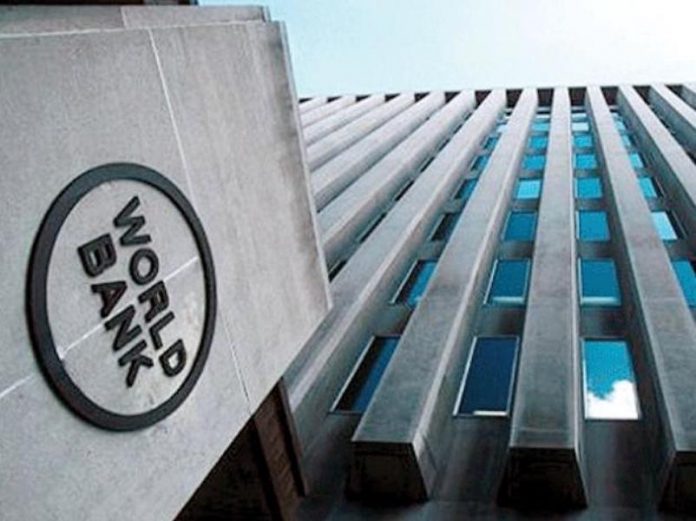Nigeria, along with other African nations, is poised to benefit from a substantial $90 billion electricity fund backed by the World Bank and the African Development Bank. According to Bloomberg, this initiative aims to provide electricity to 300 million people across the continent by 2023.
The fund is part of the Mission 300 program, which focuses on evaluating and supporting projects that meet specific funding criteria. Key climate organizations, including the Rockefeller Foundation and Sustainable Energy For All, have launched a new technical assistance facility to aid in this effort.
Nigeria is a significant beneficiary of the Distributed Access through Renewable Energy Scale-up (DARES) project. The initiative aims to improve electricity access for over 17.5 million Nigerians, representing 20% of the currently unserved population, while also reducing reliance on polluting diesel generators.
Funding Sources
The Rockefeller Foundation, in collaboration with the Bezos Earth Fund and the Ikea Foundation, has initiated the Global Energy Alliance for People and Planet (GEAPP). The foundation will contribute an initial $10 million to support 15 clean energy projects in 11 African countries, including Burkina Faso and Mozambique.
Ashvin Dayal from the Rockefeller Foundation emphasized the stagnation in electricity access over the last 15 years, calling it a defining challenge for the continent’s development. GEAPP plans to raise funds through public funds, concessional finance, and commercial commitments, aiming to mobilize the resources needed for impactful projects.
Key Considerations
Nigeria owes the World Bank approximately $15.59 billion as of March 31, 2024, and is expected to receive approval for four loan projects totalling $2 billion this year. The DARES project, which received approval in December 2023, is crucial for addressing the country’s electricity access deficit, with a goal of providing sustainable energy solutions to millions.











